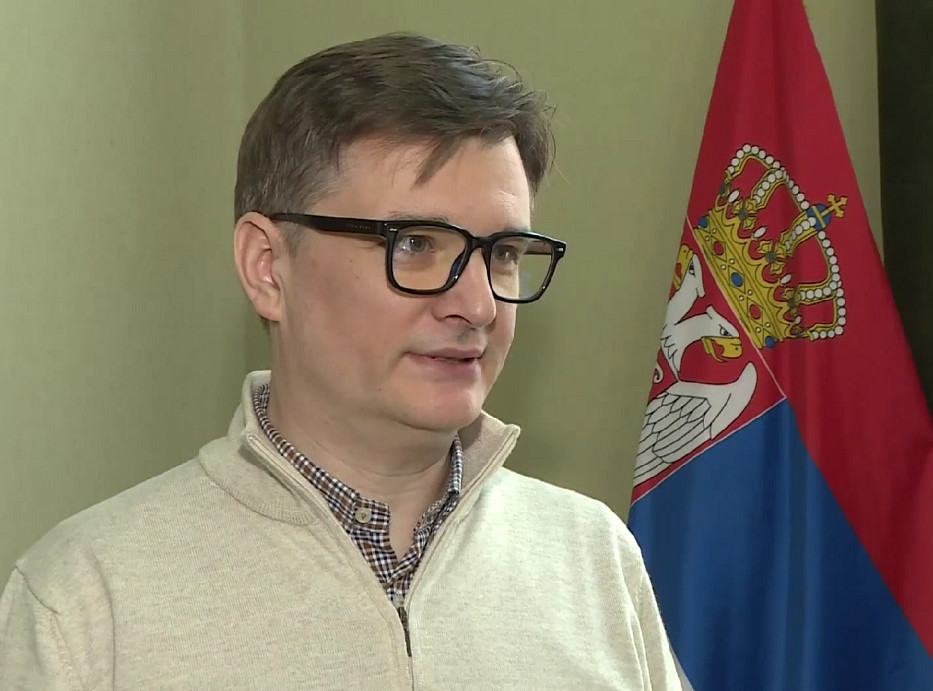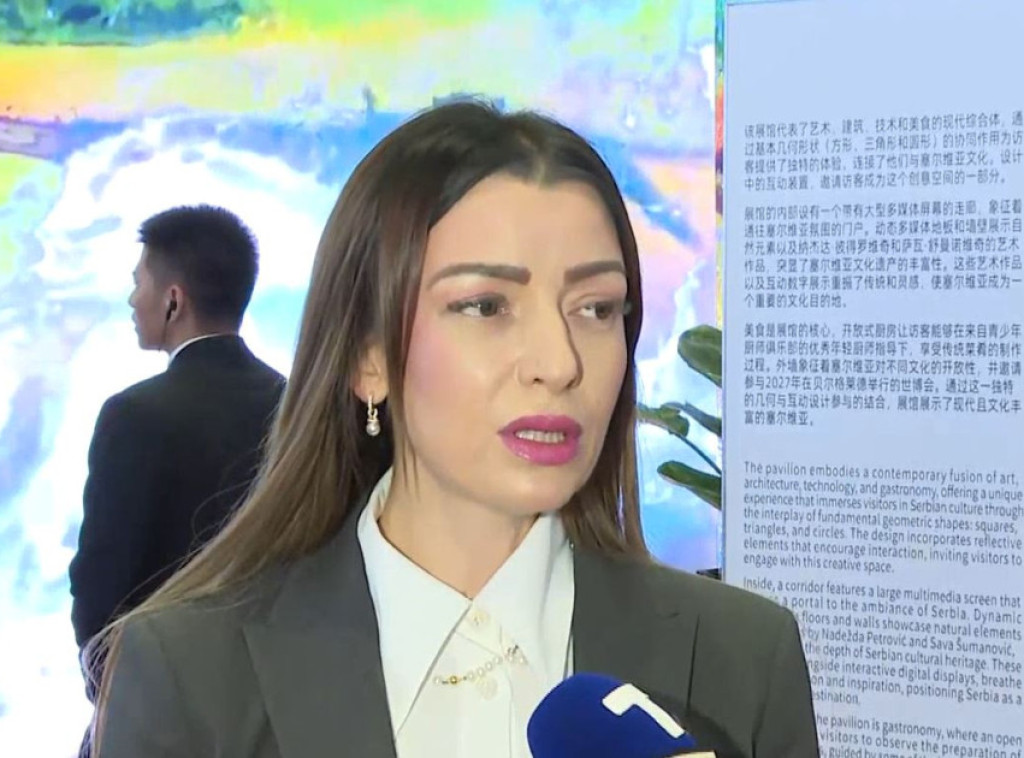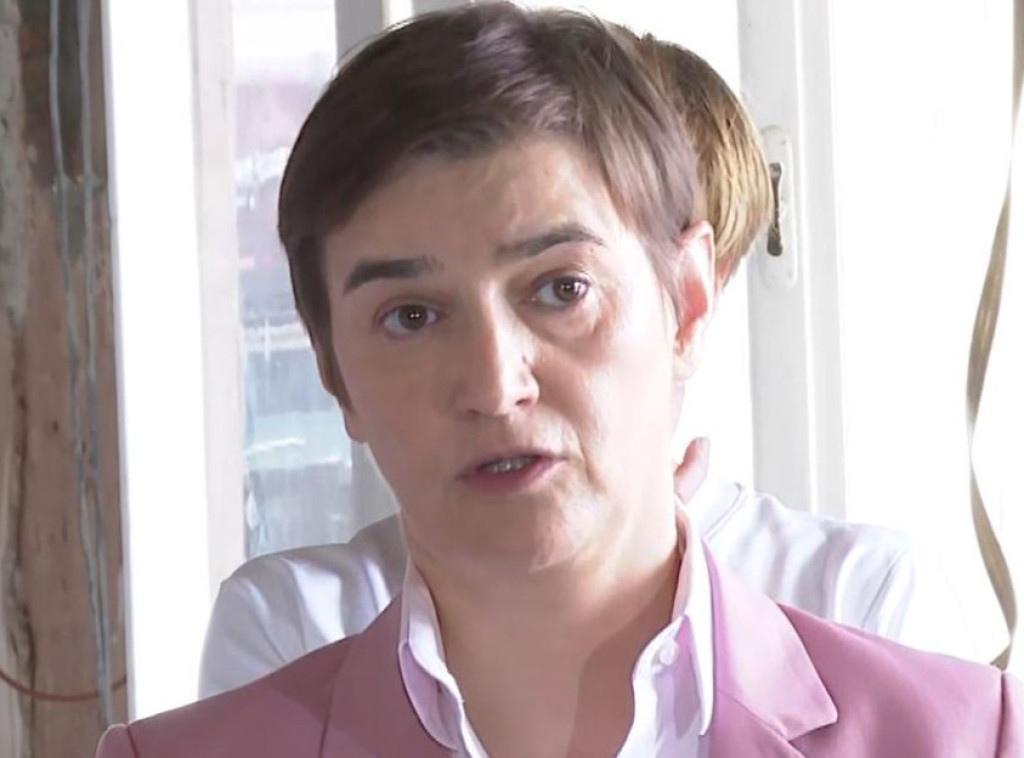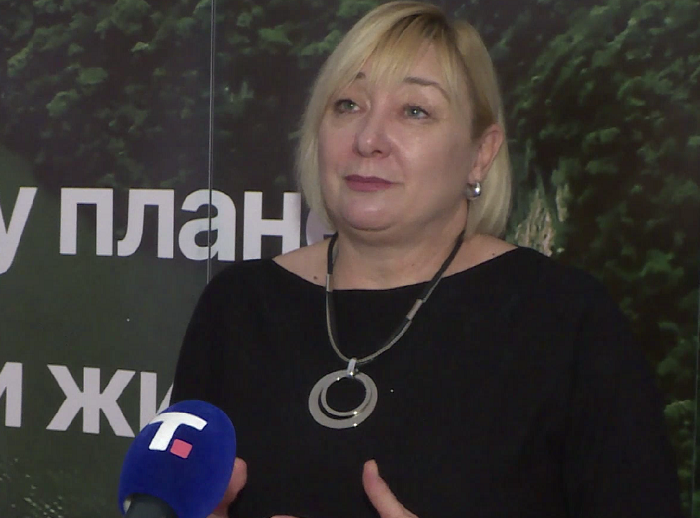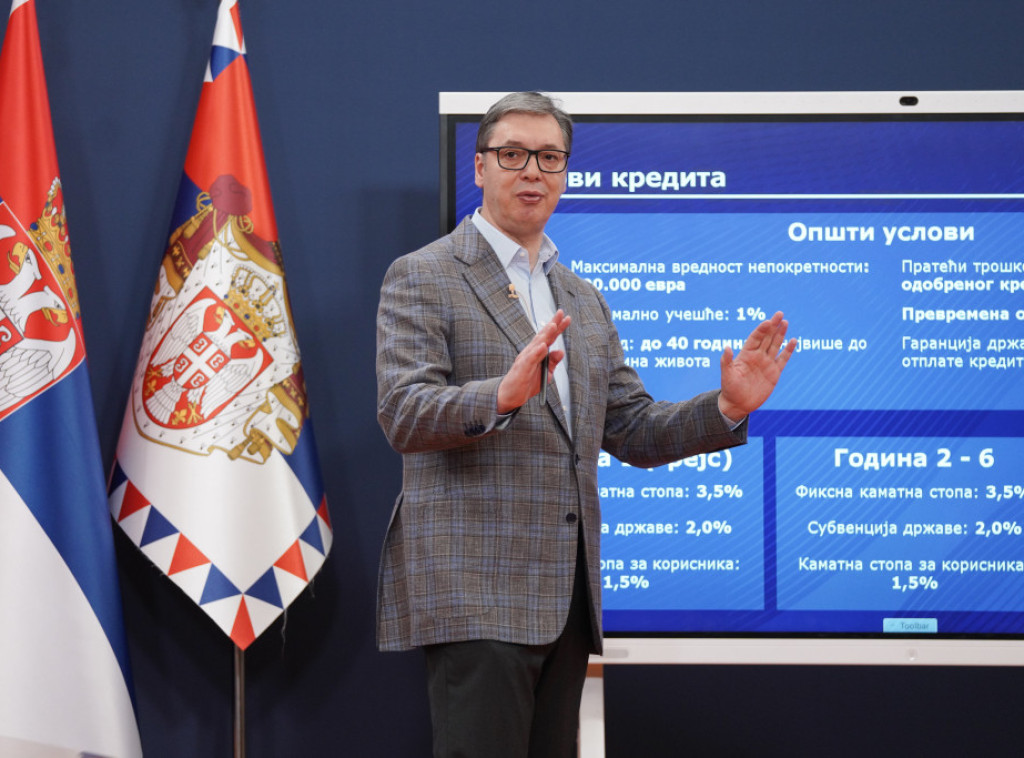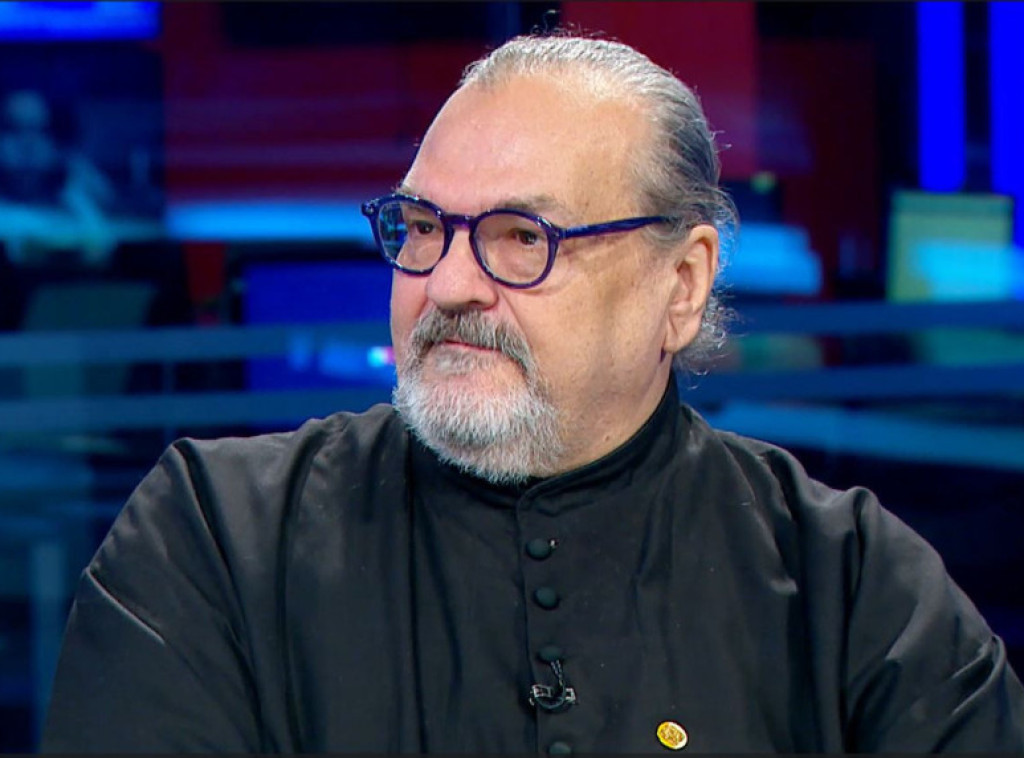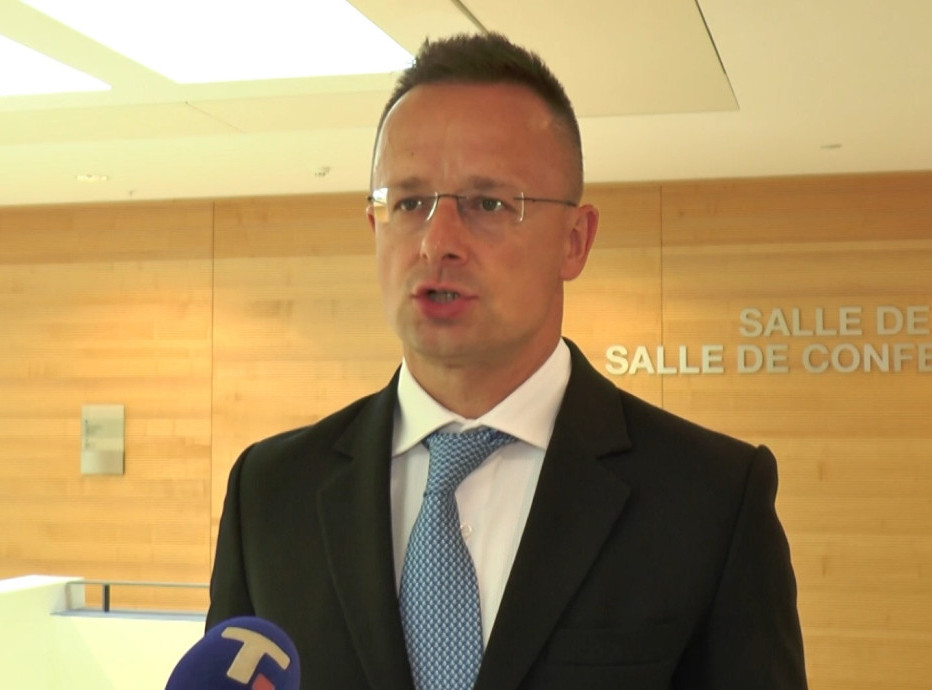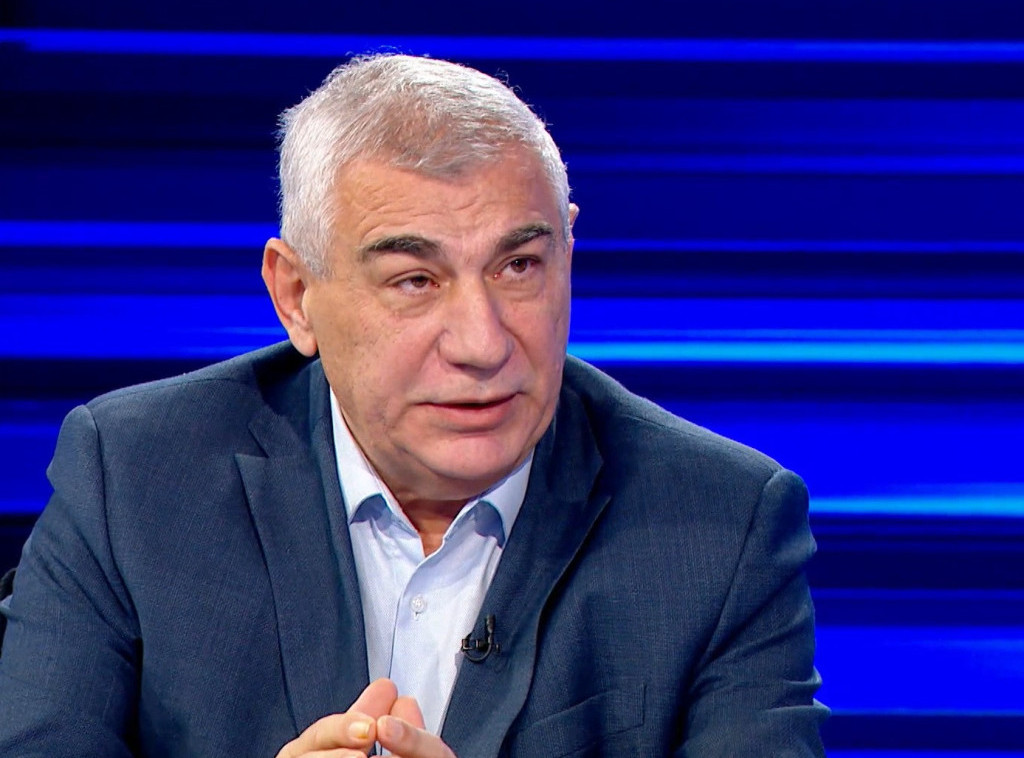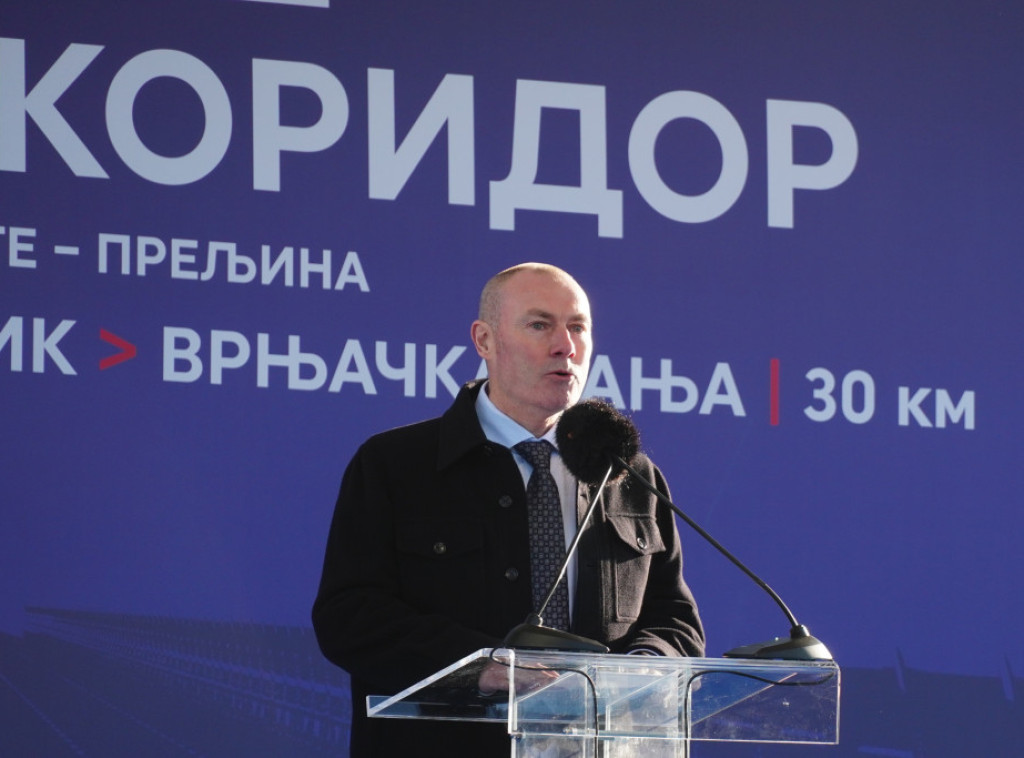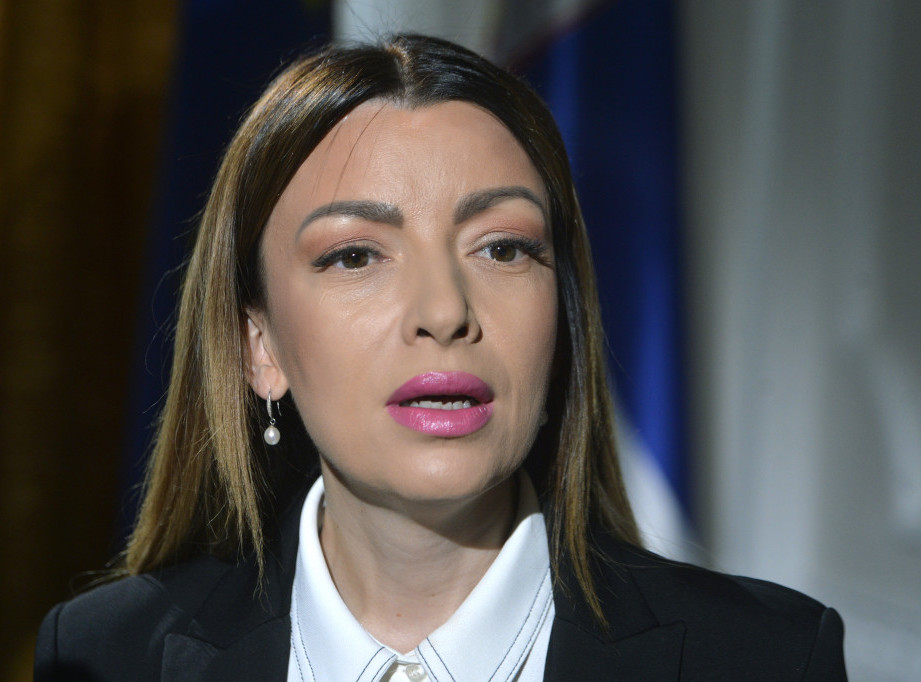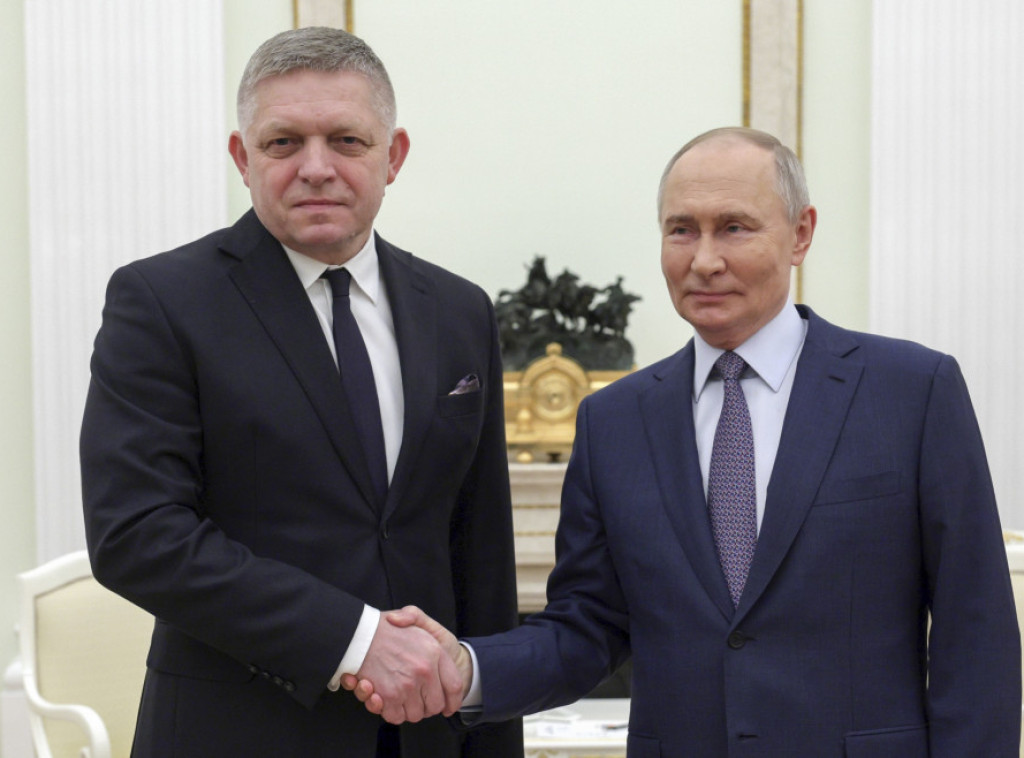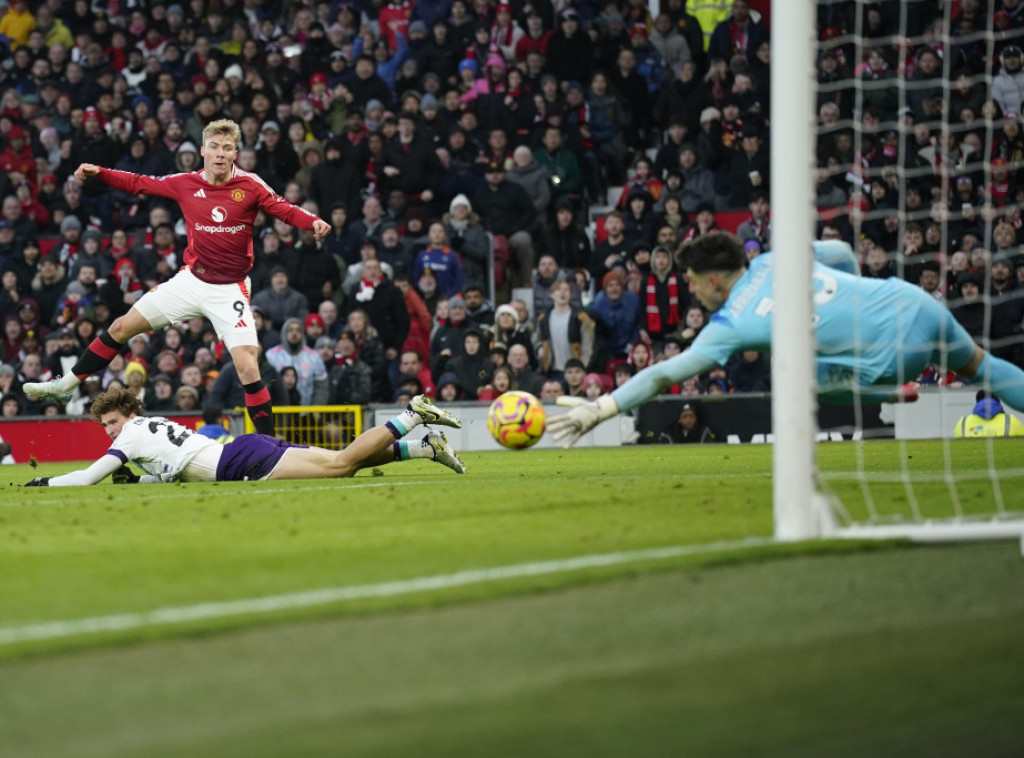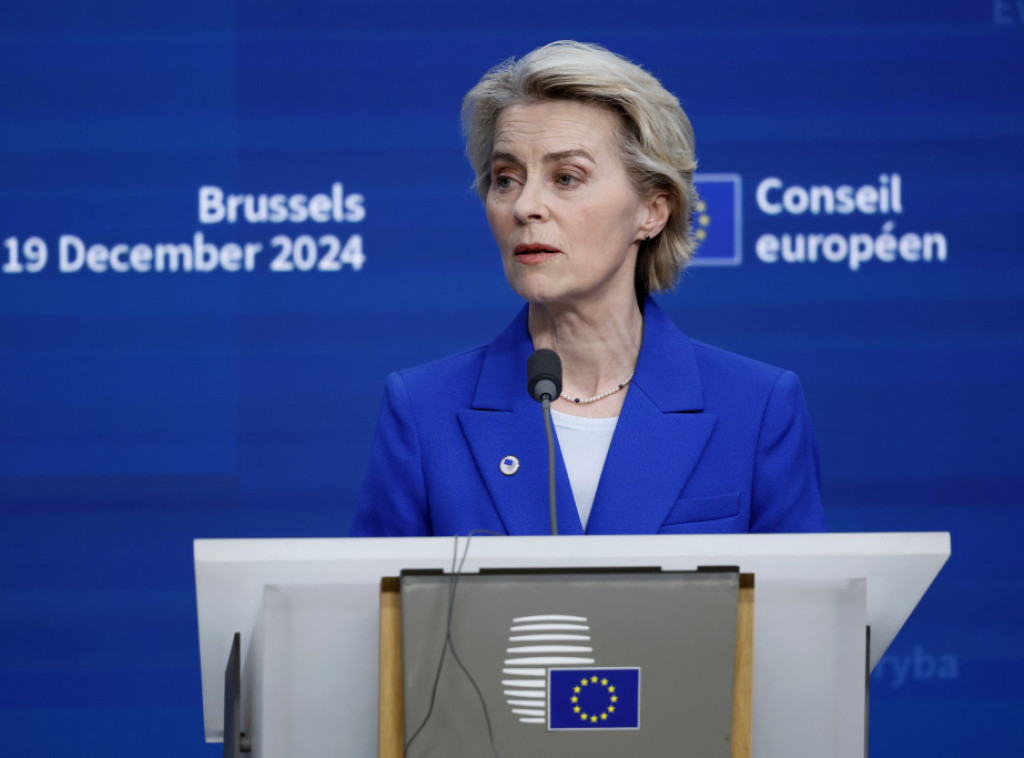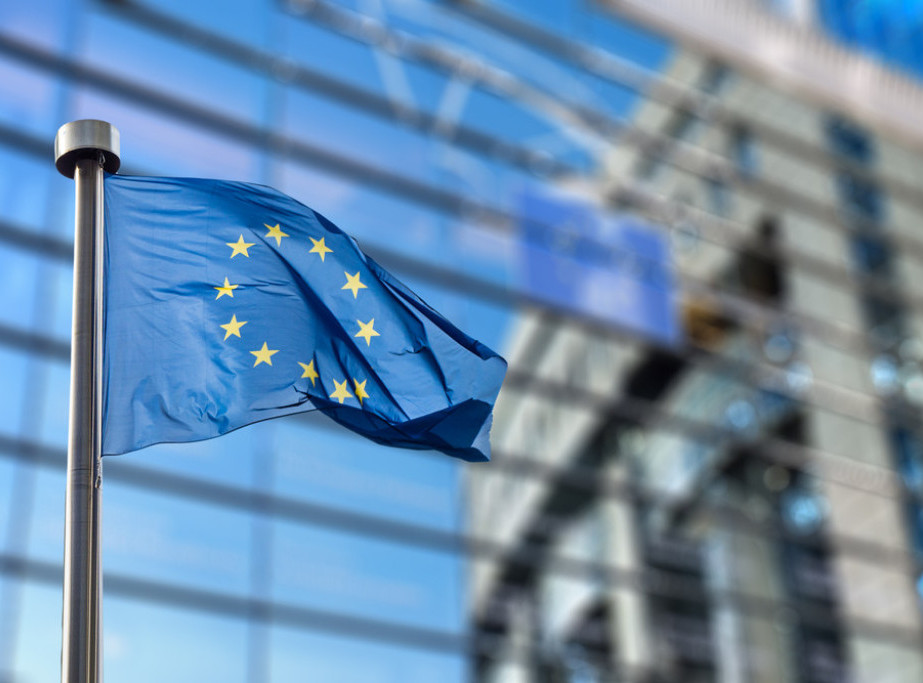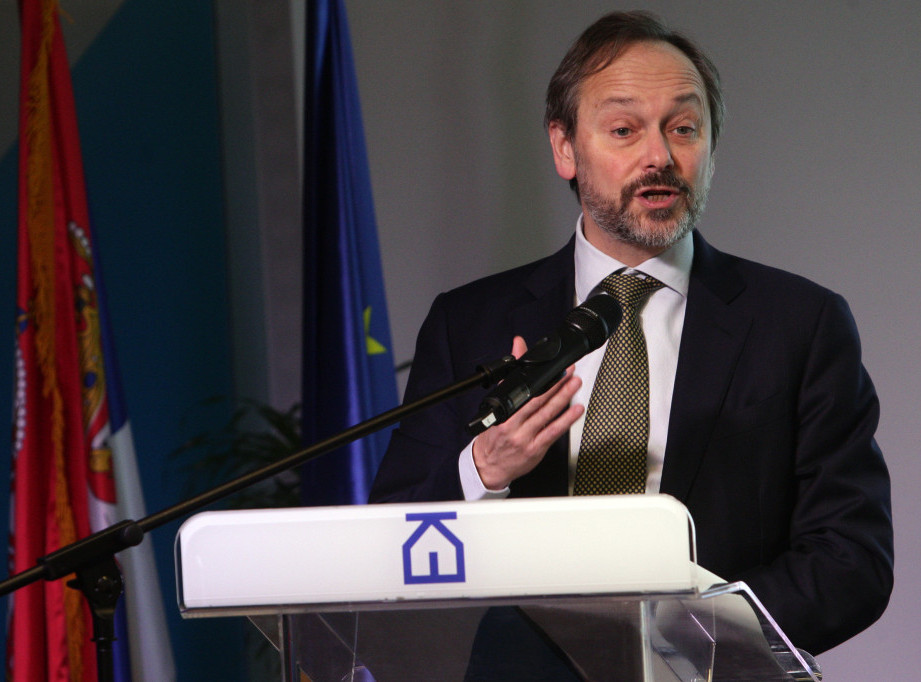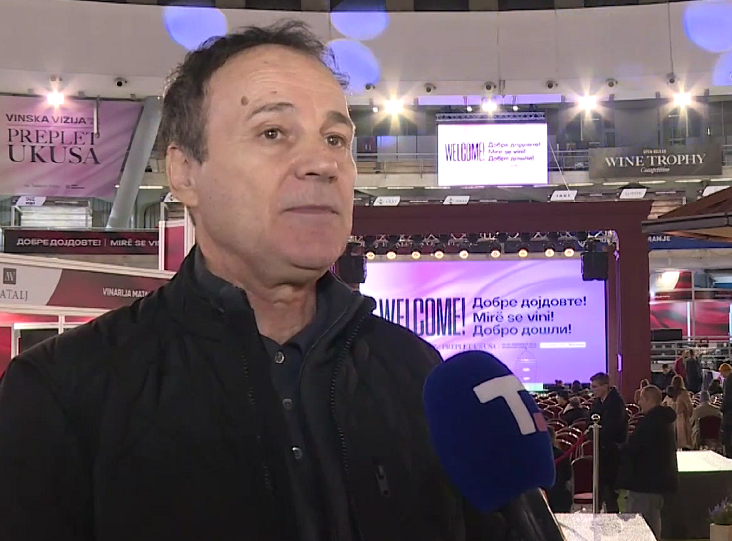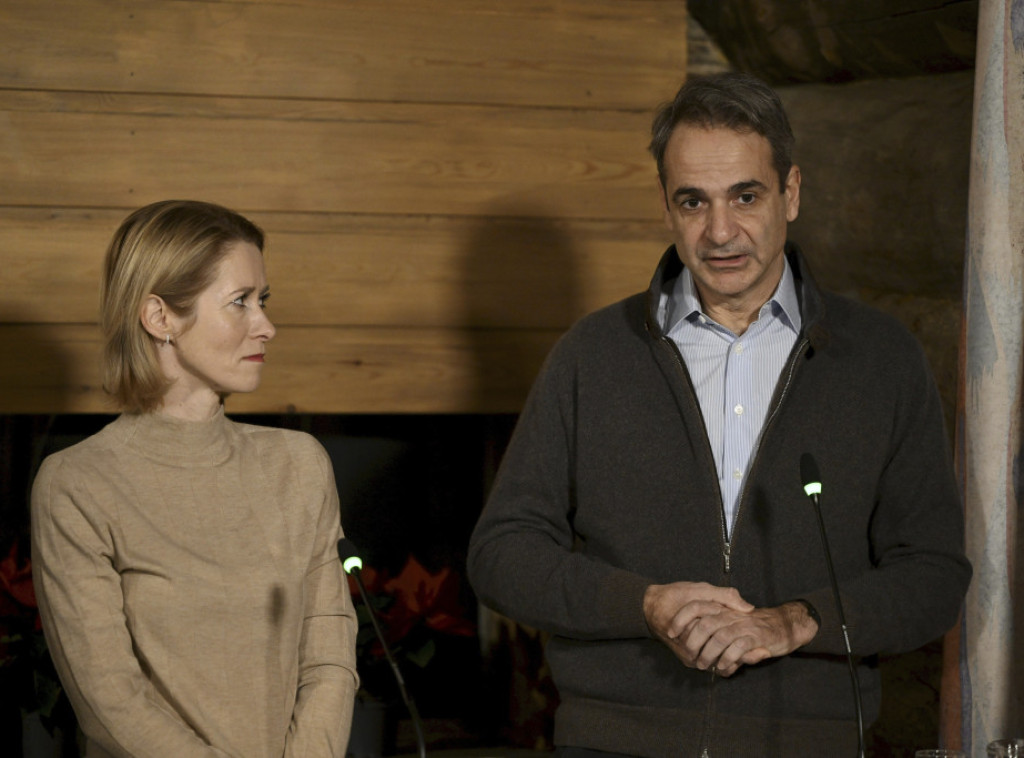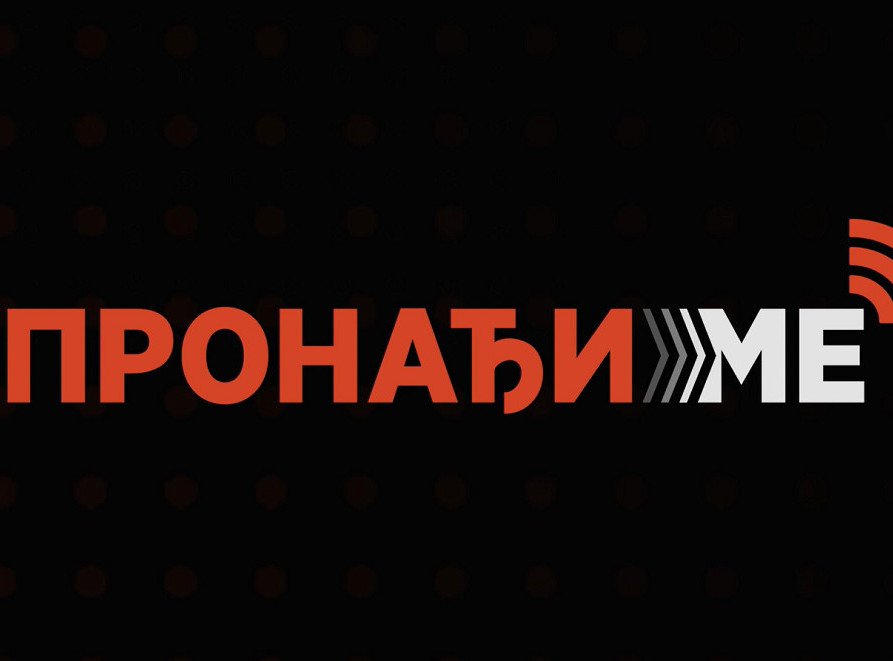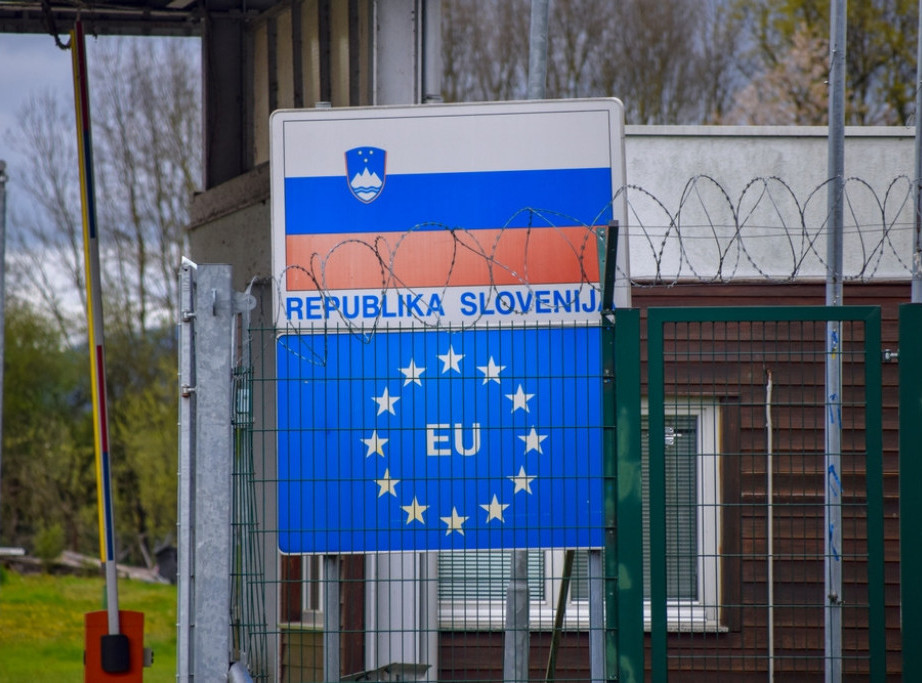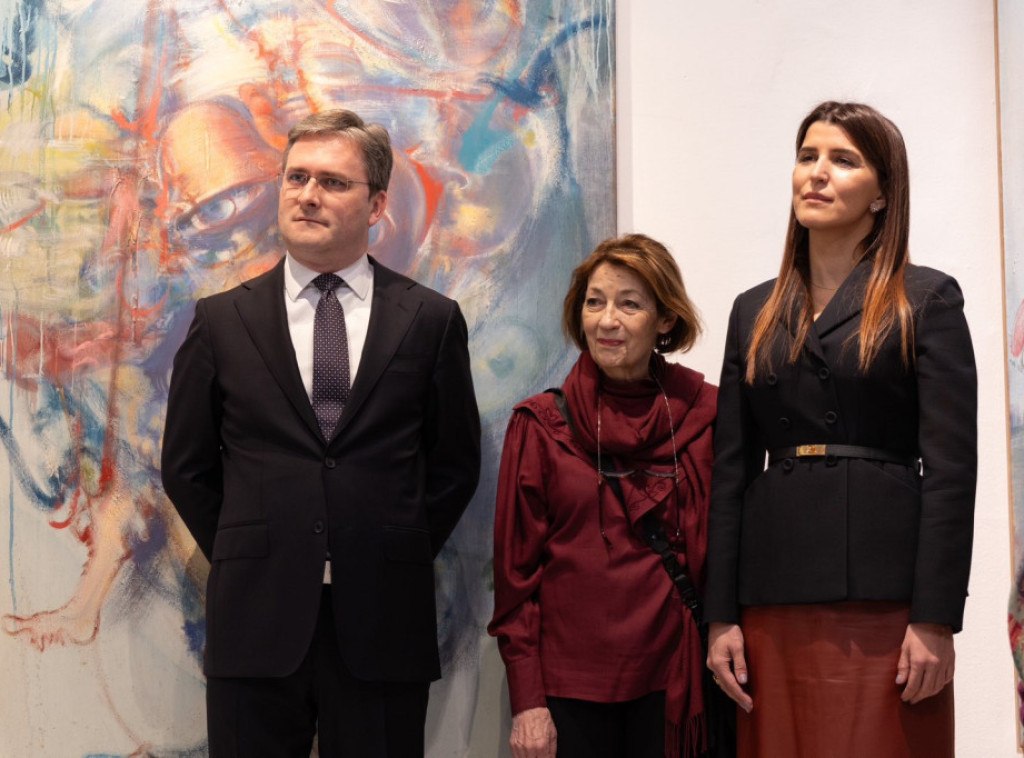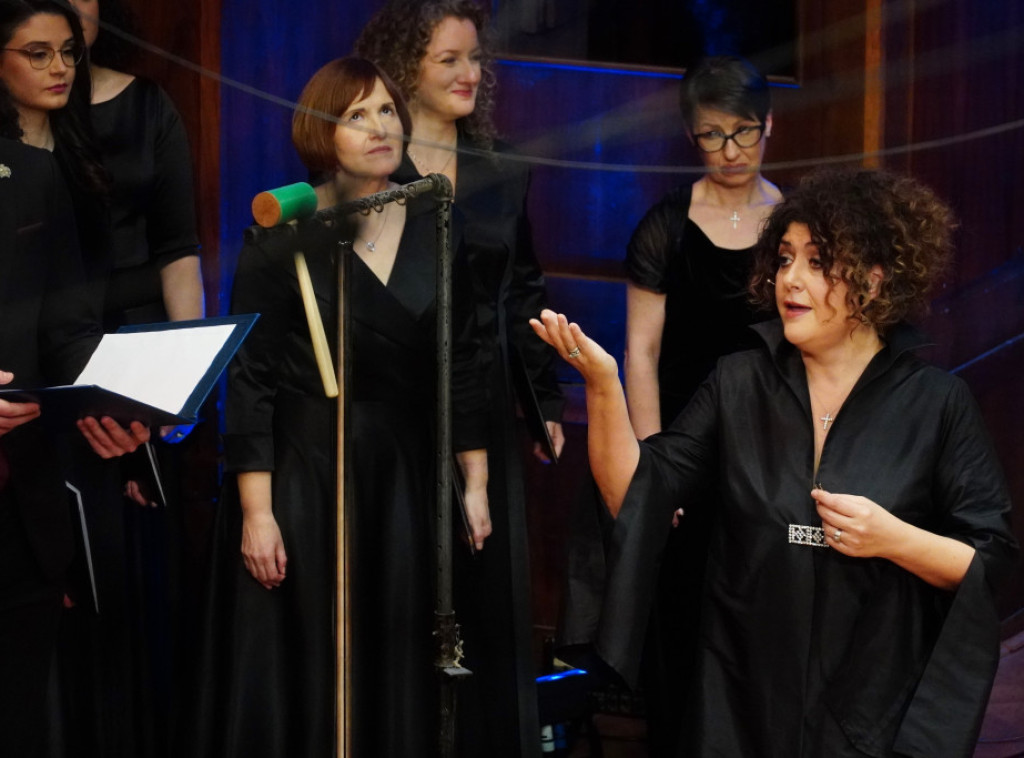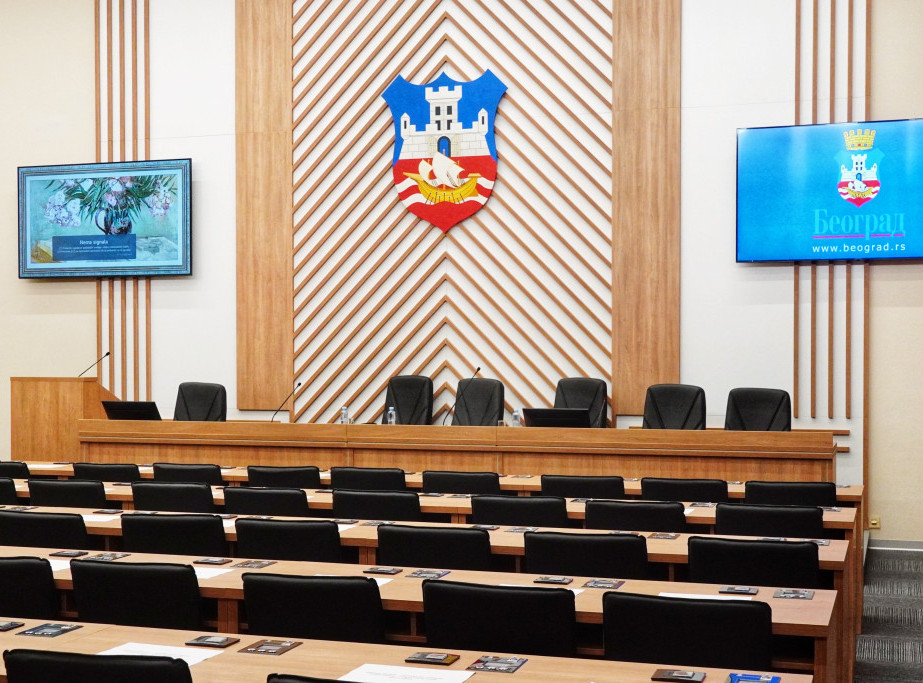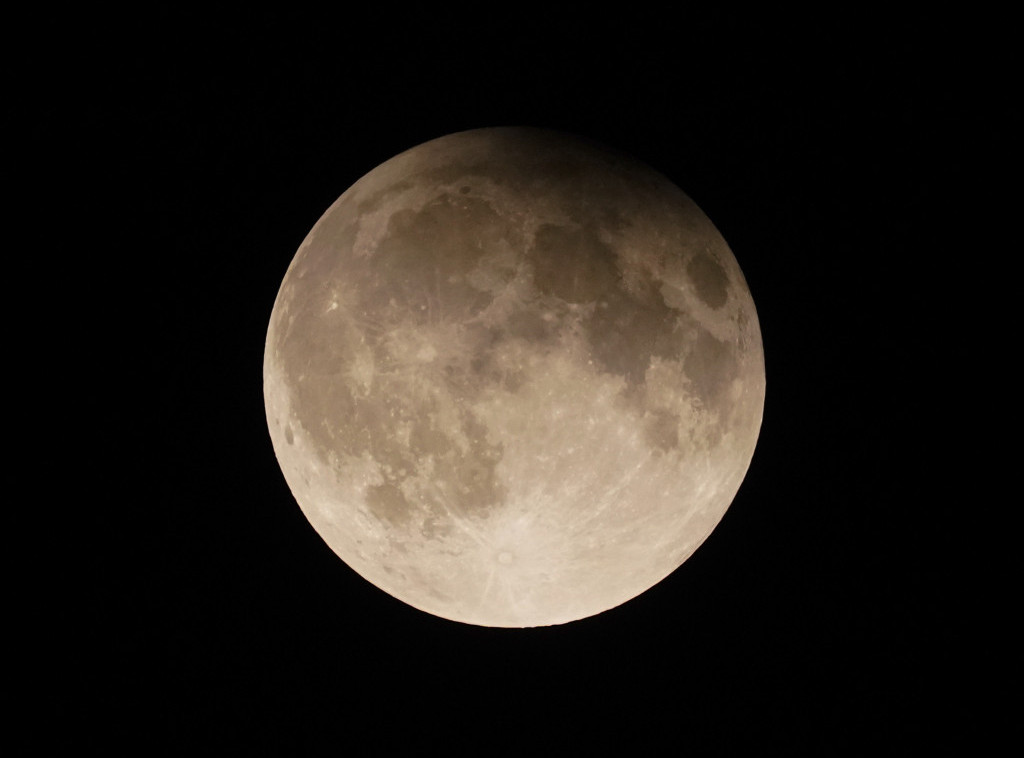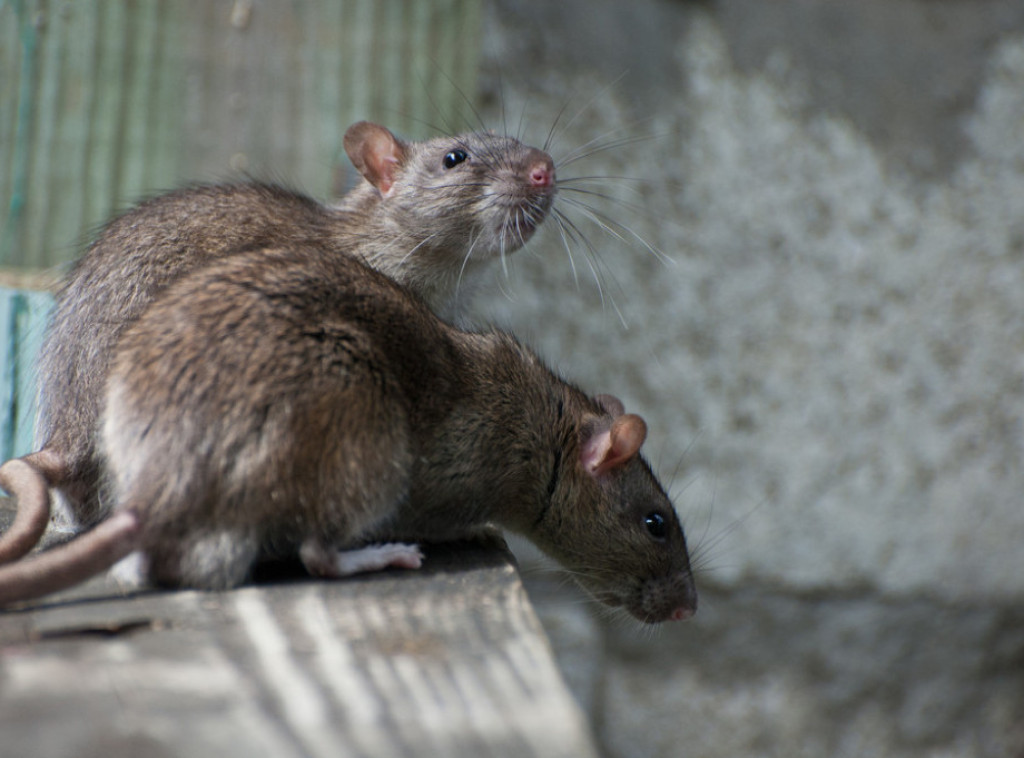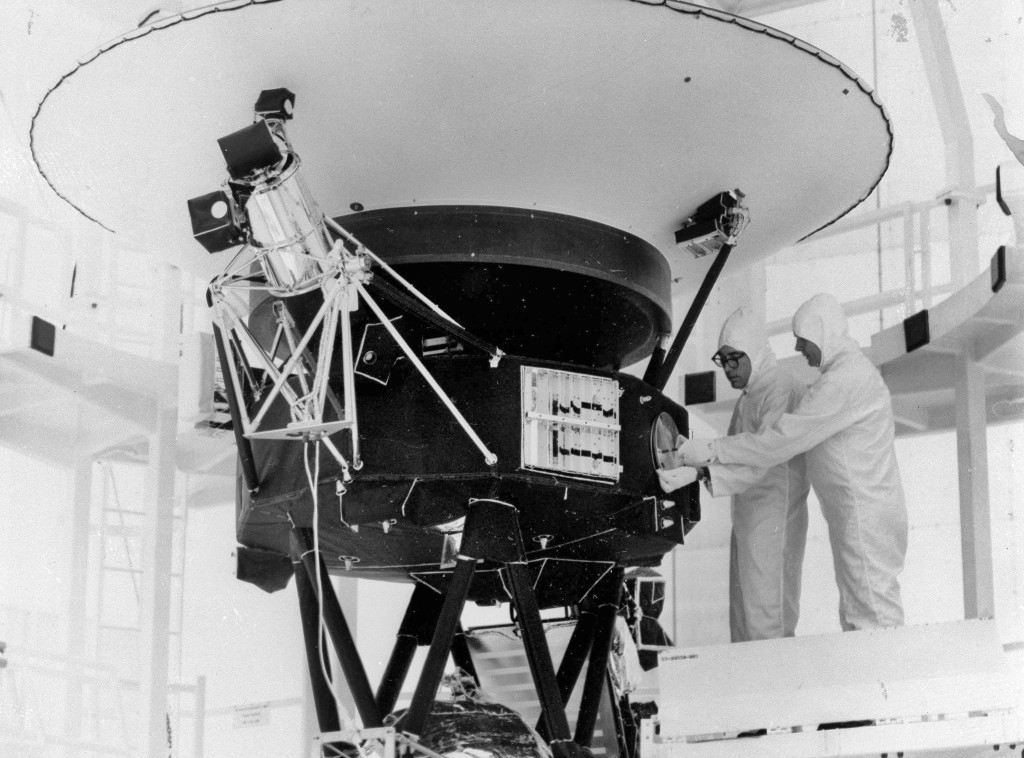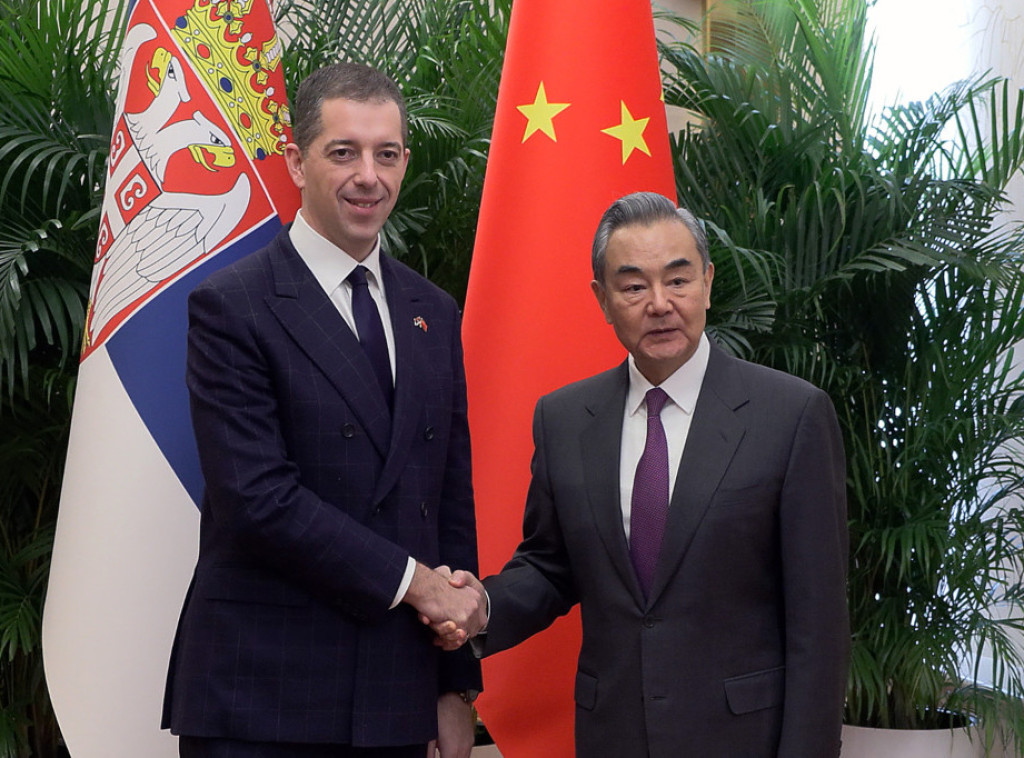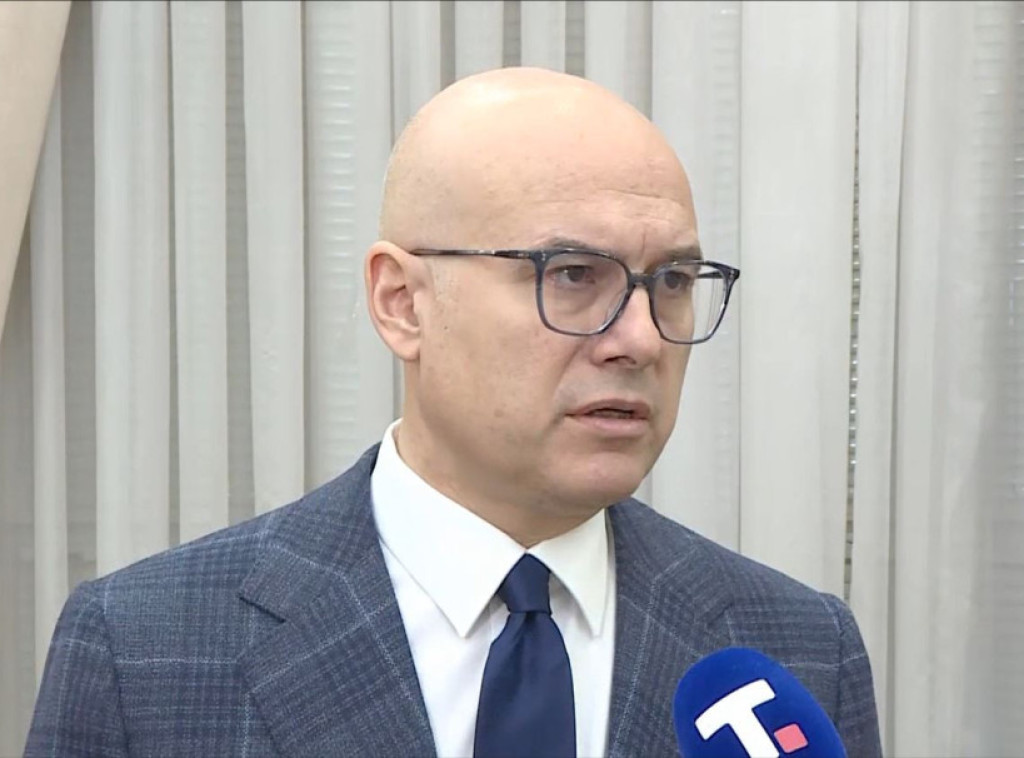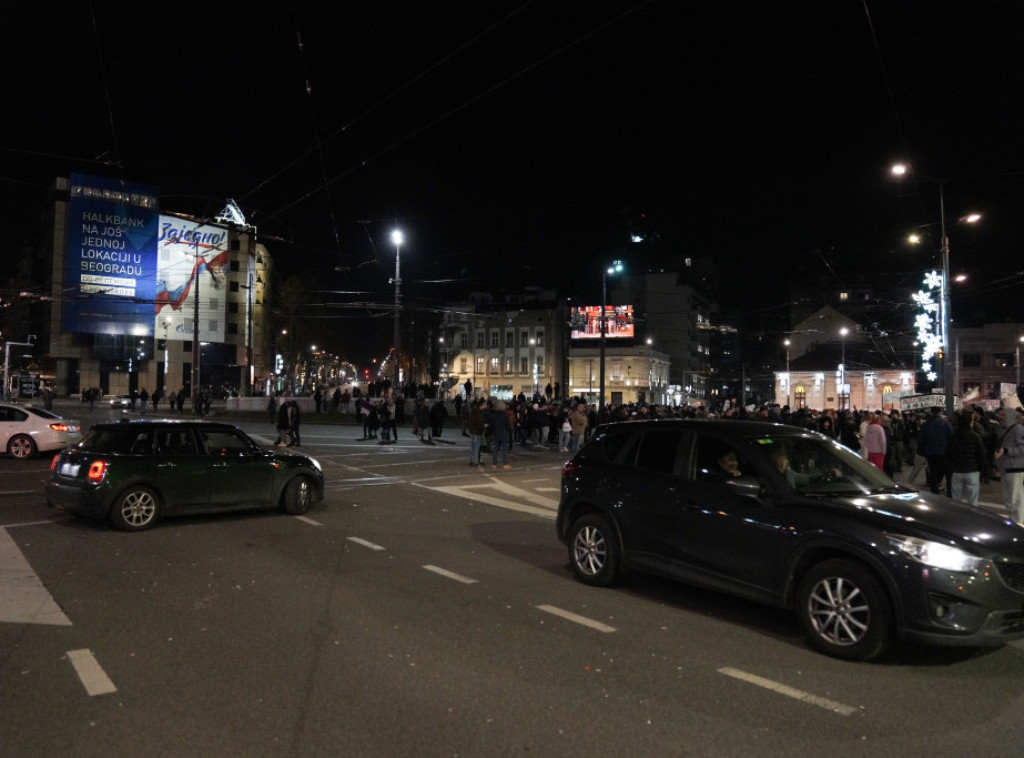
22. februar 2023 12:13
Serbian January inflation at 15.8 pct y-o-y
podeli vest

Foto: Shutterstock.com/Number1411, ilustracija
BELGRADE - According to figures released by the national statistical office, Serbian January inflation amounted to 1.4 pct, or 15.8 pct relative to January 2022, which is consistent with National Bank of Serbia (NBS) expectations, the central bank said in a statement.
"Around two-thirds of headline inflation remain attributable to food and energy prices.
The monthly 1.4 pct price growth was driven mainly by administered (on account of previously announced revisions of electricity, gas and cigarette prices) and food prices, and to a lesser extent by prices within core inflation which grew at a slower pace than headline inflation (0.9 pct m-o-m). A dampening effect on inflation came from petroleum product prices that dipped by 2.4 pct m-o-m.
Processed food prices recorded a 1.3 pct monthly rise in January, slowing from previous months. Led by higher vegetable prices, the prices of unprocessed food edged up by 2.4 pct. Relative to January 2022, the prices of food and non-alcoholic beverages increased by 23.7 pct. The robust y-o-y increase in food prices is for its major part attributable to supply-side factors on which monetary policy measures have a limited impact – notably, high global food prices, rising prices of input costs in food production and transport, as well as the negative effects of the drought that hit Serbia and most of Europe," it said in a statement.
"With petroleum product prices going down and electricity and gas prices up, overall energy prices increased by 2.0 pct in January.
Core inflation (CPI excluding food, energy, alcohol and cigarettes) stayed considerably lower than headline inflation and amounted to 10.4 pct in January, supported to a significant degree by the preserved relative stability of the exchange rate in an extremely uncertain global environment. The gradual easing of cost-push pressures may be indicated by the slower pace of euro area inflation and slackening producer price growth at home and abroad."
Under the current medium-term projection, headline inflation will remain elevated in Q1, primarily as a consequence of the continued pass-through of the high cost-push pressures from the prior period onto prices of food and other industrial products, as well as of the upward revision of electricity and gas prices, the NBS said.
"After that, inflation will strike a downward path, recording a sharper fall in H2 and ending the year at half the current level. Inflationary pressures are expected to ease on the back of past monetary tightening, the anticipated waning of the effects of global factors that drove the energy and food price growth in the prior period, and dented external demand amid a likely slowdown in global growth," it also said.

